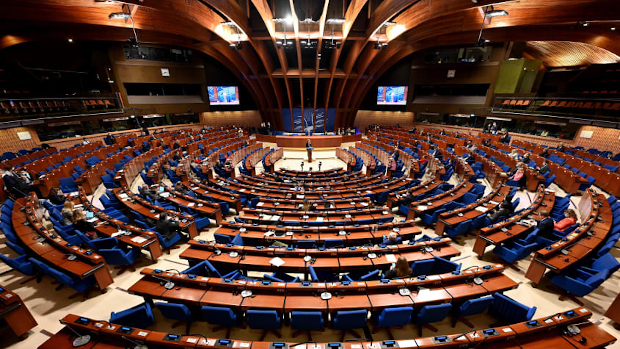
Europe invests €20bn in AI megafactories
Europe is making a major move into the artificial intelligence (AI) sector with a €20 billion investment to build four AI megafactories. European Commission President Ursula von der Leyen introduced this plan at the February AI Summit in Paris and described it as part of InvestAI, Europe’s ambitious response to the US’s $500 billion Stargate plan. These plants are seen as public-private partnerships that will facilitate the development of advanced AI models, with the goal of making Europe a major player in the field.
The proposed funding for these factories comes from existing EU programmes and member states, with each facility being equipped with 100,000 advanced chips. This scale exceeds even the largest supercomputer currently being built within the EU. However, obtaining the necessary Nvidia GPU chips, which are crucial for AI training, poses a major challenge.
The US government has previously restricted access to these chips to hinder the development of factories in several European countries. While the future stance of the new administration remains unclear, past actions suggest a willingness to maintain US dominance in AI. This limitation highlights a major obstacle to Europe’s ambitious plan. DeepSeek, an AI company, used about 2,000 Nvidia H800 chips (less advanced than the most advanced models) for their model training. Their access was facilitated by the free export of these chips to China until October 2023.
Experts warn that obtaining the needed Nvidia chips could be difficult for European AI projects. While some believe government intervention or innovative solutions could overcome this hurdle, others are sceptical about its feasibility in the near future. Europe’s previous attempt to strengthen its technological infrastructure through the 2023 Chips Act failed to bring advanced chip manufacturing to the continent. Despite this setback, it did encourage investment in factories producing automotive chips.
The project also faces logistical challenges, including finding suitable locations and ensuring a reliable electricity supply. Moreover, the absence of large cloud service providers or AI development companies such as those found in the US raises concerns about the viability of such large-scale hardware plants.
In addition to the megafactories initiative, the EU Commission is upgrading 12 scientific supercomputing centres to increase their capabilities for AI research and development. This expansion could benefit European chipmakers specialising in non-GPU chips, start-ups engaged in AI development and existing research institutions using supercomputers for machine learning and scientific applications.
The success of Europe’s €200 billion investment in AI depends on its ability to address sustainability issues, establish robust governance frameworks and foster a thriving ecosystem for innovation. By prioritising these factors, Europe can position itself as a world leader in the rapidly evolving field of artificial intelligence.
BusinessAM







Subscribers 0
Fans 0
Followers 0
Followers